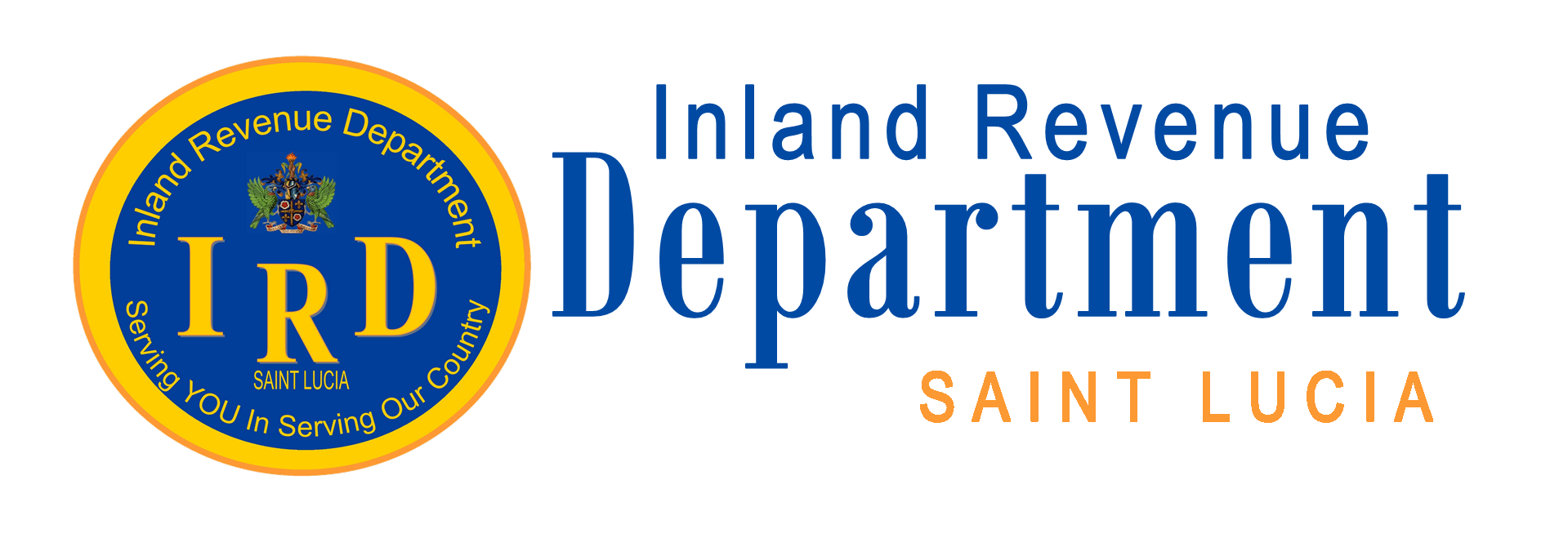Quick Menu
Quick Menu
Corporate Income Tax
CIT Defined
Corporate tax is levied on all income received by a corporation from sources in and out of St. Lucia. The due date for submission of income tax returns for Corporations is three months after the end of their financial year.
The residence of a company for tax purposes is determined by the country in which it is managed and controlled. Corporation tax is chargeable on all the profits of a resident company. Profits that accrue directly or indirectly to a non-resident company carrying on a business through a permanent establishment in St. Lucia are subject to corporation tax at 33.3%. Where income accrues to a non-resident company from a source other than from the carrying on of business through a permanent establishment in St. Lucia, the gross amount of such income is liable to withholding tax at 25%.
Added Value
As goods and services progress through the production and delivery process extra costs are incurred. These costs include employee wages, transport, storage and other overheads plus profit mark up.
Such expenses or charges represent the Value Added to the goods or services.
How and When VAT Is Charged
VAT is charged when taxable goods are imported or when taxable goods and services are sold or provided.
VAT is added to the selling price of the goods or services. The VAT is, therefore, collected by the seller.
Who Can Charge VAT
No. Only those businesses that are registered for VAT with the Inland Revenue Department (IRD) can charge VAT.
In order to charge VAT, a business must meet a particular Threshold. The threshold is the minimum sales of taxable supplies for a business in one year.
The threshold for Saint Lucia is $400,000.00.
Examples of taxable supplies include:
- goods for sale
- commission received
- commercial rent
- sales of assets
- management fees
- import of service
Contract or Withholding: Which is It?
Contract tax is levied on income earned from a contractor. A contractor is anyone who is a resident of Saint Lucia who provides or supplies independent personal services in exchange for compensation.
Withholding Tax, while similar to contract tax can encompass a lot more situations. The withholding tax is an income tax that “withheld” from the earning of short-term employees, which is then paid directly to the Department.
Additionally, withholding tax is charged on benefits obtained from pension funds and insurance policies. 10% Withholding tax should be deducted on any cash benefits to members who have withdrawn from an approved pension fund or an insurance policy that is less than ten (10) years old.
Withholding tax is also levied on certain payments of an income nature – e.g. royalties, management charges, commissions, fees – at a rate of 10% to local residents; 15% to regional residents belonging to CARICOM states; and, 25% to non-residents.
Paye As You Earn
About PAYE
The Pay-As-You-Earn System, popularly referred to as PAYE, was introduced in St. Lucia in 1965. The legislation dealing with its operation is contained in the Fourth Schedule of the Income Tax Act Chap. 15.02, as well as sections 75, 76, 77, 78 and 143.
PAYE is not a method of assessment of income tax, but merely a system of withholding tax from emoluments as they are paid. Therefore, although tax has been deducted by way of PAYE from emoluments, an employee must, nevertheless, file an Income Tax Return.
“Emoluments” means all salary, wages, bonus, overtime, perquisites or privileges which include house allowance and entertainment, commission or other amounts for services, director’s fees, pensions arising or accruing in, derived from or received in St. Lucia, and which is liable to income tax.
This does not include, however, salary or share of profits arising from a trade, profession or vocation carried on by any person either by himself or in partnership with another person.


